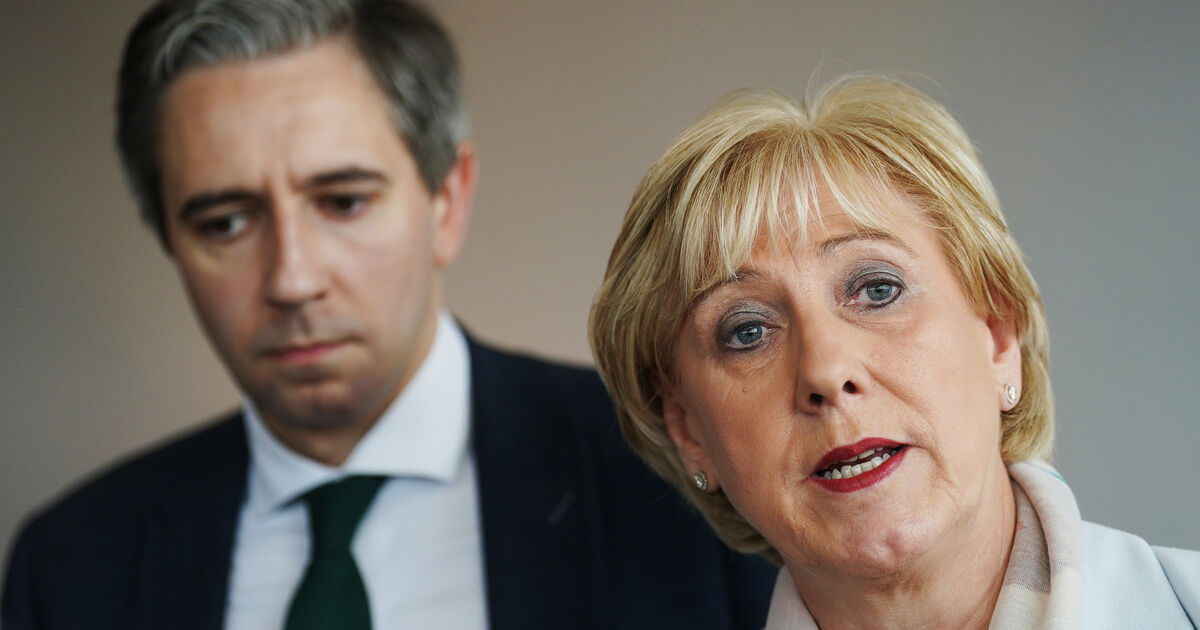Fine Gael has reported AI deepfake videos of presidential candidate Heather Humphreys to social media giant Meta, which owns Facebook, Instagram, and WhatsApp.
The video is being used by fraudsters and purports to show Ms Humphreys promoting a high-return investment scheme. The content is entirely fabricated and made with AI-driven voice and image cloning.
Consumers have been warned to watch out for more of these types of adverts on social media platforms in the weeks to come, ahead of the presidential election in October.
It starts with a fake RTÉ news report giving details of “an easy way to earn €4,500 a week” before switching to the deepfake of Ms Humphreys.
In the video, it features her appearing to say that this platform would “help Irish families achieve financial independence”.
A spokesperson for Ms Humphreys said: “This video is fake and should be immediately removed.
“The matter has been reported to Meta and we would hope to see a quick response.
Public should be ‘vigilant’
“Unfortunately there are people and entities that produce these fakes during elections and we would encourage voters in the weeks ahead to consider everything they see online carefully and check trusted news sources.”
Bank of Ireland has warned consumers not to be duped by these realistic looking scams.
“This is deeply concerning,” its head of fraud Nicola Sadlier said.
“We are witnessing an ongoing spate of scams that exploit public trust in well-known figures.
These videos are highly convincing, designed to lure unsuspecting individuals into fraudulent schemes.
“I would urge the public to remain vigilant, there may be more of these in the coming weeks. If you see such content, do not engage.” She added that the EU must confront a growing wave of scams online that are undermining public confidence.
“One critical step is holding social media platforms accountable,” Ms Sadlier said.
“Before financial services adverts go live, platforms should be required to verify that the advertiser is authorised by a recognised regulatory body. This simple check could block thousands of scam promotions from ever reaching the public.”

